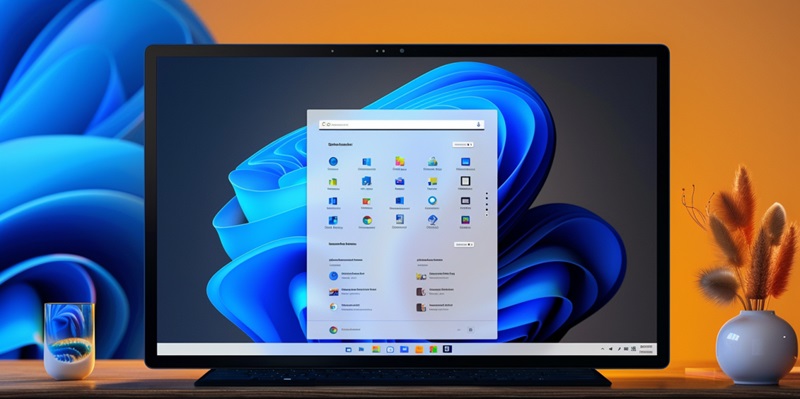Microsoft has finally addressed compatibility issues that were preventing users with specific Intel processors from upgrading to Windows 11. These issues were linked to Intel Smart Sound Technology (SST) drivers and particularly affected those with Intel’s 11th Gen Core CPUs. This obstacle was a significant inconvenience as it persisted for an extended period of over two years. However, Microsoft’s recent efforts to resolve these driver incompatibilities have proved successful. The tech giant has subsequently lifted the upgrade block for these users, allowing them to proceed with installing Windows 11. This comes as a major relief for those who had been stuck due to this technical snag and marks an important step in making the new operating system more universally accessible to users regardless of their hardware configurations.
The Path to Resolution
The origin of the problem was traced back to the Intel SST Audio Controller drivers versions 10.29.0.5152 and 10.30.0.5152, which created a snag that triggered a blue screen of death (BSOD) error and thus prevented the upgrade to Windows 11. While Intel released the necessary updated drivers (versions 10.30.00.5714 and later, or 10.29.00.5714 and later) approximately two years earlier, the distribution through Windows Update was delayed, leaving users in the lurch. In a recent notification on their Release Health website, Microsoft stated that this incompatibility has been “resolved externally,” indicating that the solution lay with the updated drivers provided by Intel.
Upgrading to the newest operating system is now a smoother process as the updated SST drivers can be acquired through the Windows Update mechanism, which is the recommended route for most users. This upgrade promises to not only resolve the blue screen error but also provide users with the full benefits of Windows 11. However, there is still a delay of up to 48 hours before Windows Update makes the upgrade available after installing the new drivers. For those who encounter persistent issues, Microsoft has advised them to reach out to their device manufacturer for further assistance.
Implications and the Way Forward
The recent collaboration between Intel and Microsoft underscores the need for hardware and software giants to work in unison. Their partnership is pivotal for ensuring software compatibility, accessibility to new features, and maintaining secure systems. When Windows 11 was released, the necessity for a quick resolution to driver and software conflicts became evident, underlining the mutual accountability of these corporations to avert disruptions and safeguard consumer confidence.
The removal of the upgrade block underscores the intricate nature of keeping hardware and software in sync in today’s ever-advancing tech landscape. This situation demonstrated that successful issue resolution hinges on efficient communication and swift solution deployment. Now that the problems have been rectified, users are positioned to enjoy the enhanced stability and comprehensive feature set that Windows 11 brings to the table, indicative of the tech industry’s commitment to continuous improvement and user satisfaction.

